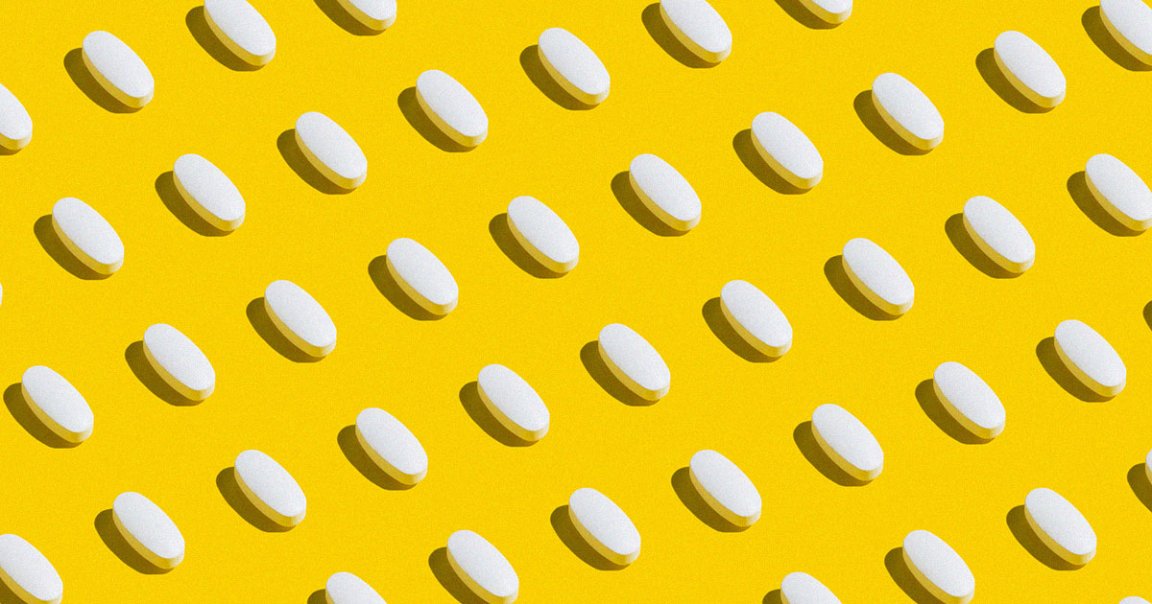
Bodega Cats
Remember that startup called Bodega that aimed to replace New York’s beloved delis, earning it the title of “America’s most hated startup”? Well, one of its cofounders is back, and he wants to put pharma on the blockchain.
The Information reports that Bodega cofounder Ashwath Rajan is teaming up with the psychedelic grower MindMed and several others to start Love Health, which is looking to bring “solutions to the opioid crisis” as it seeks Food and Drug Administration approval for clinical trials of its naturally-inflected pharmaceutical offerings. The startup’s founders are also considering paying drug trial participants using a cryptocurrency token, seemingly in an effort to marry naturopathy and blockchain.
Courting Love
After Twitter got wind of the bodega-killing startup way back in fall 2017, there was major backlash. In 2018, the company changed its name to Stockwell in an unsuccessful bit to save it from its inevitable demise, but by summer 2020, it announced that it was shutting down and later was purchased for an undisclosed amount.
The specifics of this new venture remain somewhat hazy. Cofounder Ryan Breslow said in a tweet that Love Health will be “the first holistic approach to people-powered-pharma.” The startup told The Information that its initial offerings will involve nutraceuticals, which are food-derived substances believed to have health benefits. In spite of the MindMed partnership, they said there are no immediate plans to offer psychedelic drugs, which is another hot market in medtech right now.
In other words, it’s throwing a lot — blockchain, naturopathy, and even possibly psychedelics — at the wall. Whether it sticks better than a controversial vending machine is anyone’s guess.
Updated throughout to reflect that Ryan Breslow was not involved in Bodega. We regret the error.
READ MORE: Bolt’s Breslow Teams With Psychedelics Founder on Crypto Pharma Startup [The Information]
More on startup schemes: Weird Startup Proposes Dropping Artificial Human Organs From Space